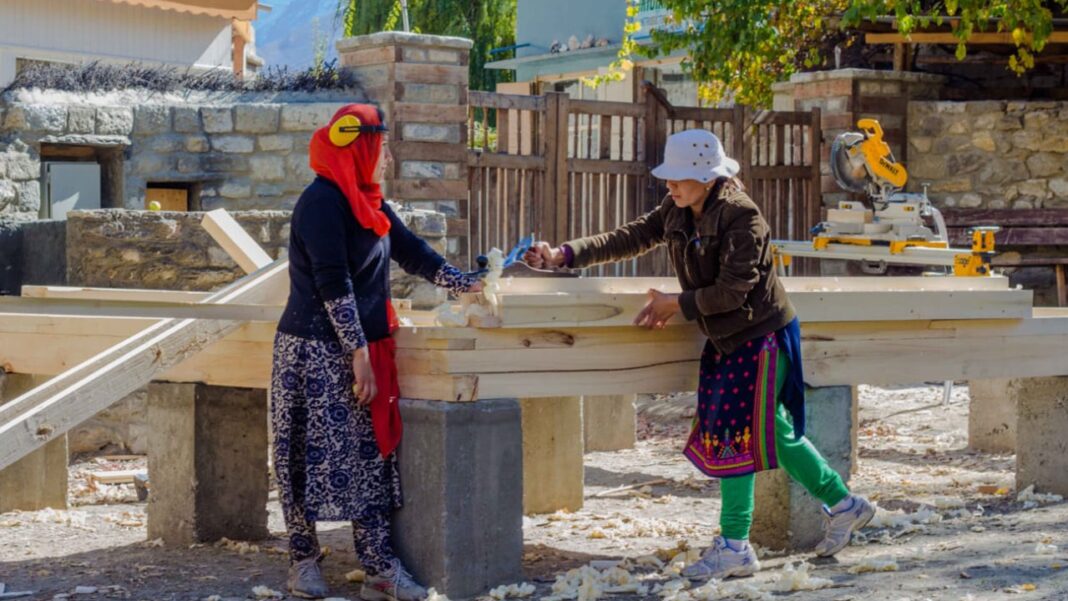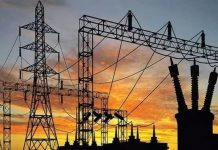ISLAMABAD: Pakistan has a low female labour force participation rate because female human capital development has received less attention, so the government must determine the cause and remove the obstacles.
Maheen Rashid, Economic Policy Analyst and Gender Specialist at the United Nations Development Programme, told WealthPK, “Women’s integration in the economic spheres of life is very important for Pakistan. You cannot live up to the full potential of a country if 50% of your population is not contributing to the economy.”
Pakistan, which has a mostly agricultural economy, employs a sizable share of its labour force in the informal or casual labour sector. This is particularly true for women, who are more likely to work in the informal sector like agriculture, livestock, textiles, and home-based activities, she said.
It is, therefore, essential to create evidence-based policy solutions for workers in the informal economy, Maheen Rashid said. “Some such solutions include formalizing informal jobs, increasing regulations on informal sector employers, ensuring the provision of equal pay for equal work, improving wage transparency to reduce the gender wage gap, protecting women against harassment and gender-based violence through legislation, and strong implementation mechanisms of laws.”
She said, due to a lack of gender-sensitive policies and infrastructure, women are severely prevented from reaching their full economic potential. To gain long-term benefits for womenomics, gender-inclusive budgeting and planning must be integrated with digital inclusion and technological innovations, she added.
“However, the incumbent government has begun undertaking a consultative approach for the creation of policies,” she said. If the effort continues in this way and the policymakers realise the importance of women entering the mainstream workforce, “there is no doubt that in a few years we will witness a significant improvement of labour force participation amongst women in Pakistan,” Maheen said.
Federal Minister for Planning, Development, and Special Initiatives Ahsan Iqbal recently said at a forum that women play a vital role in the development of any country, and the development process remains slow where women are not given equal opportunities as men. He stressed the need to empower women for the development of the country, as their role is of great importance and has been acknowledged worldwide.
Pakistan’s low female participation in the workforce is the opposite of global trends. The world average gap between male and female labour force participation rates has been declining as countries try to empower women through better-paid employment and ensure their contribution to economic growth and prosperity.
He informed that the Planning Commission has established a Gender Unit in the ministry, in which all development projects would be planned according to the principles of gender responsiveness, so that the projects should not be approved without ensuring the interests of women.
The Global Gender Gap Report, 2022, was recently published by the World Economic Forum. In the report, the size of the gender gap is measured in relation to factors like educational attainment, economic engagement, physical and mental health, and political empowerment.
Pakistan is ranked 145th out of 146 nations in the index. It is time for the government to act to reduce barriers to entry for women and increase their retention in the workforce.





